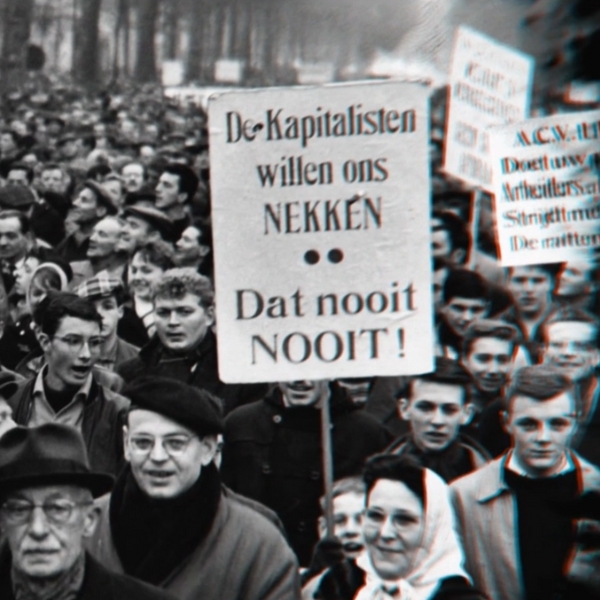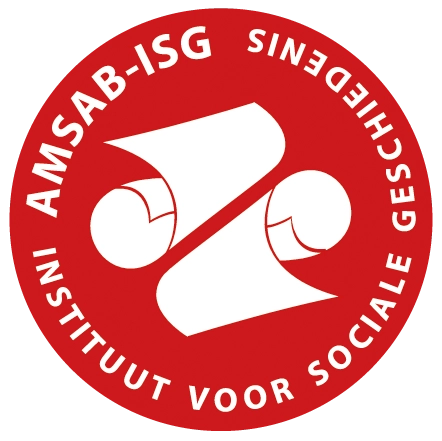Een staking is eigenlijk niets anders dan het stopzetten van een activiteit. Een arbeider die stopt met werken, staakt zijn werk. Net zoals een voetbalwedstrijd gestaakt wordt door relletjes met supportersclans.
In de zestiende eeuw werden in de Lage Landen woorden als uutgangen, ruyminge en uitscheiding gebruikt om het neerleggen van werk te beschrijven. Het Engelse woord strike komt van het Nederlandse strijken van de zeilen, een daad van verzet waarbij zeelieden hun zeilen lieten zakken om te protesteren. Dit woord verspreidde zich vanaf de achttiende eeuw door Europa en kreeg varianten zoals streik in Duitsland, strejk in Zweden en Denemarken, strajk in Polen en stajka in Rusland. En zo ontstond ook het Nederlandse staken.
In Romaanse talen bestaan andere termen voor staken. In Frankrijk verwijst grève naar de Place de Grève in Parijs, waar werklozen en stakers zich vroeger verzamelden. In Italië wordt een staking sciopéro genoemd, wat je vrij kunt vertalen als ‘het werk skippen’.
Wie tijdens een staking wél blijft werken, krijgt vaak minder vleiende bijnamen. In het Engels worden ze scabs genoemd, terwijl we in Nederland en België de term ratten gebruiken.








